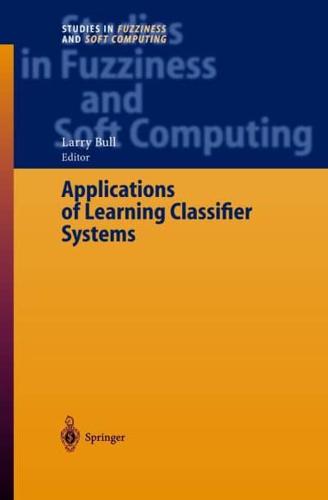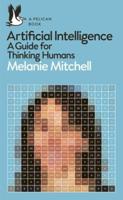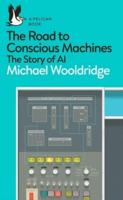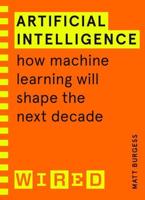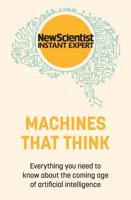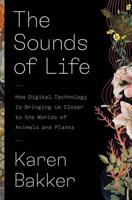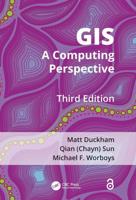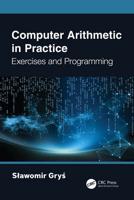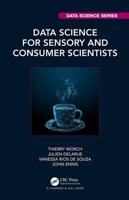Publisher's Synopsis
The field called Learning Classifier Systems is populated with romantics. Why shouldn't it be possible for computer programs to adapt, learn, and develop while interacting with their environments? In particular, why not systems that, like organic populations, contain competing, perhaps cooperating, entities evolving together? John Holland was one of the earliest scientists with this vision, at a time when so-called artificial intelligence was in its infancy and mainly concerned with preprogrammed systems that didn't learn. that, like organisms, had sensors, took Instead, Holland envisaged systems actions, and had rich self-generated internal structure and processing. In so doing he foresaw and his work prefigured such present day domains as reinforcement learning and embedded agents that are now displacing the older "standard Af' . One focus was what Holland called "classifier systems": sets of competing rule- like "classifiers", each a hypothesis as to how best to react to some aspect of the environment--or to another rule. The system embracing such a rule "popu- lation" would explore its available actions and responses, rewarding and rating the active rules accordingly. Then "good" classifiers would be selected and re- produced, mutated and even crossed, a la Darwin and genetics, steadily and reliably increasing the system's ability to cope.


